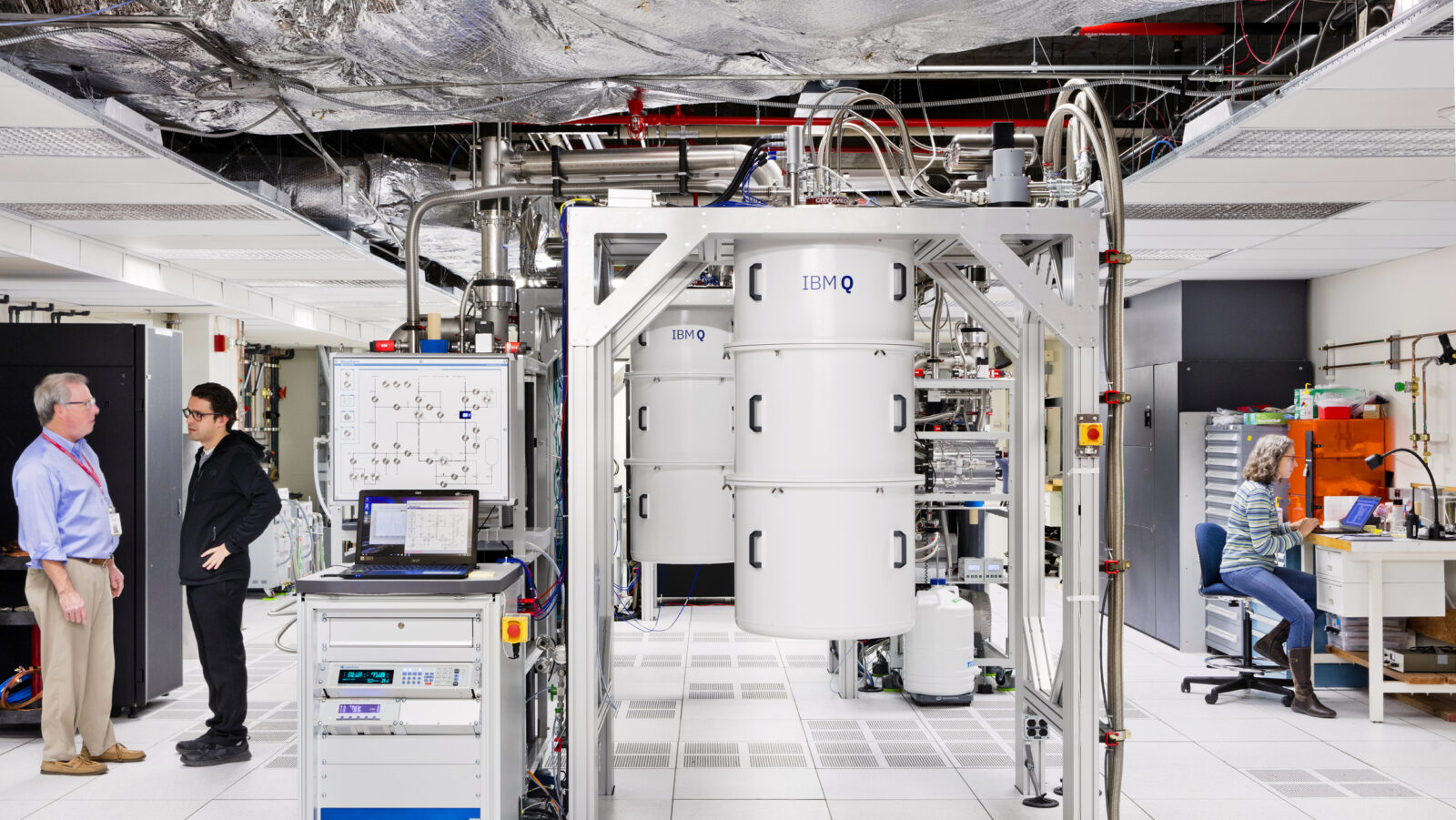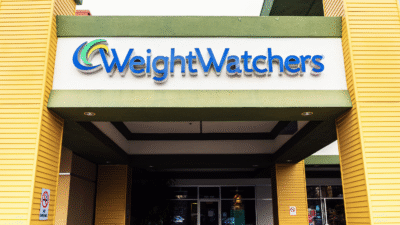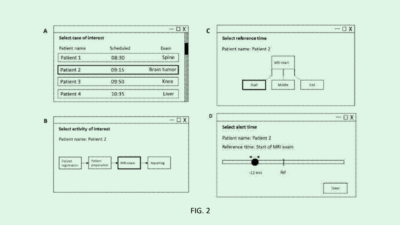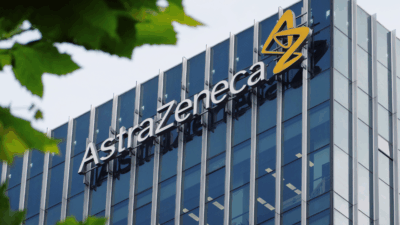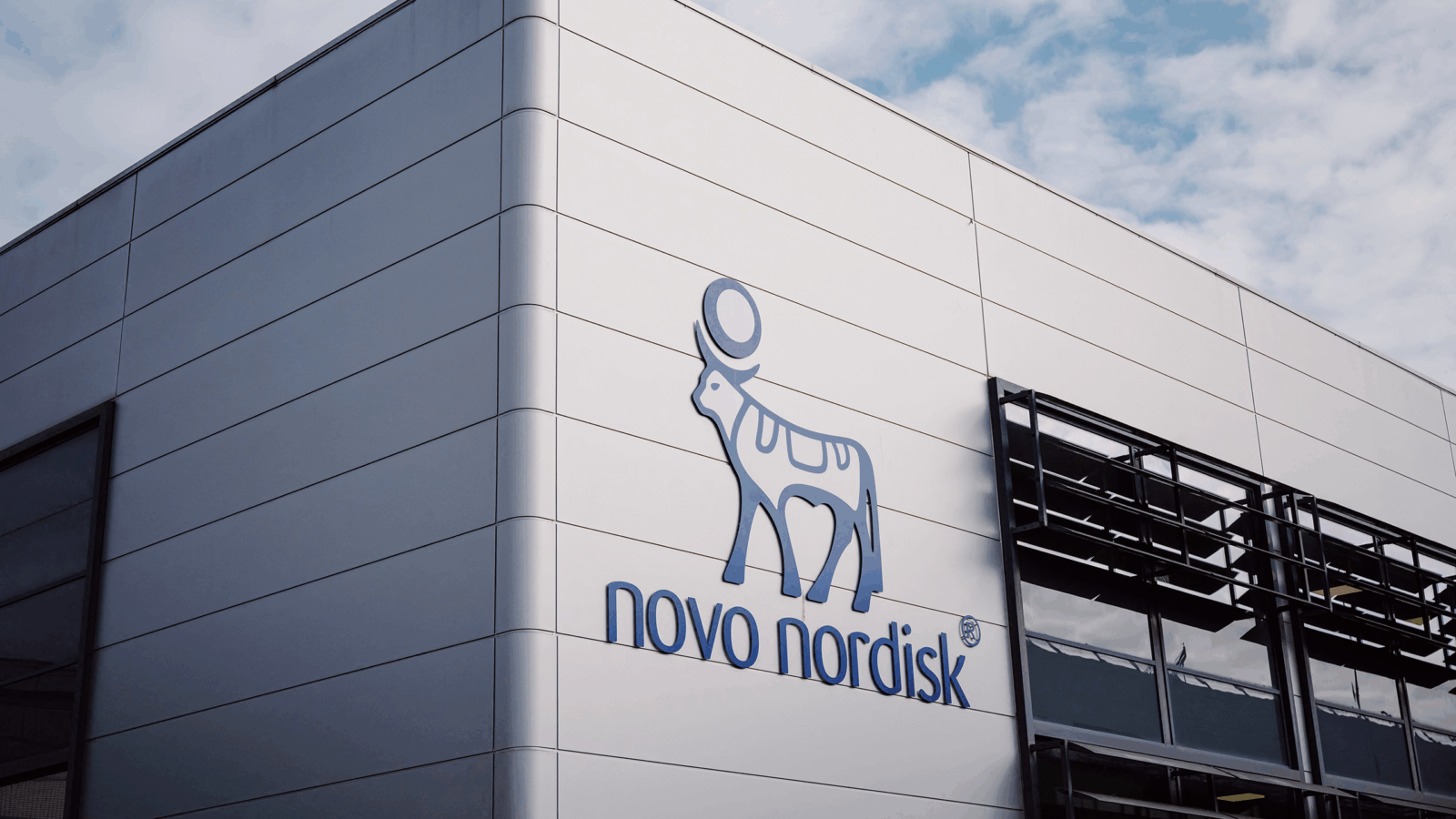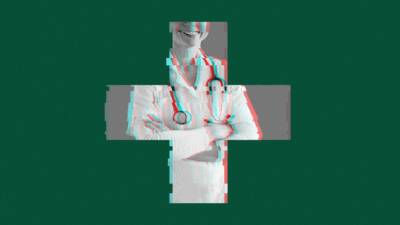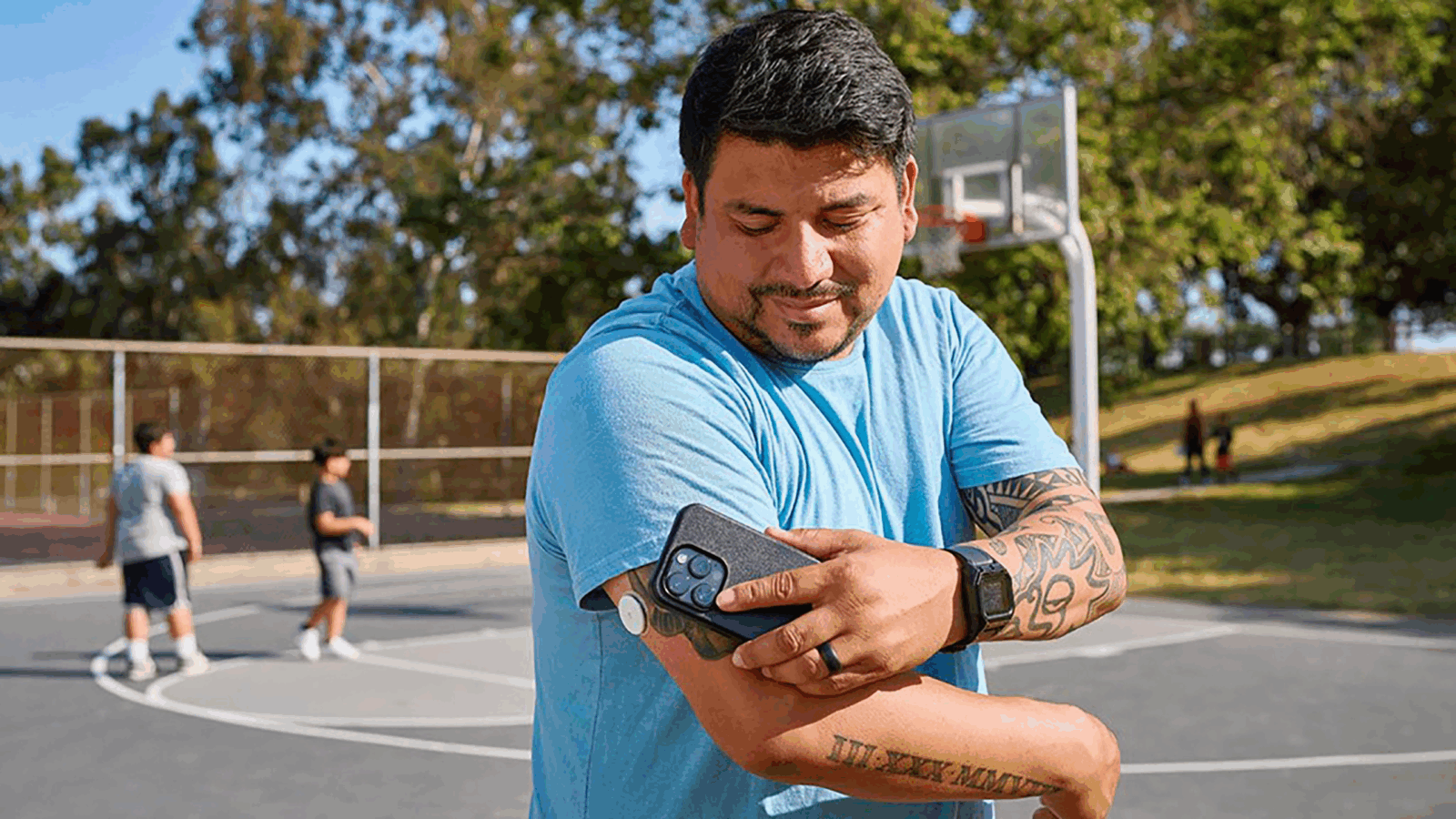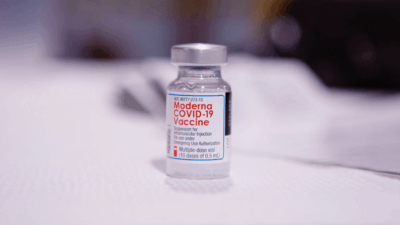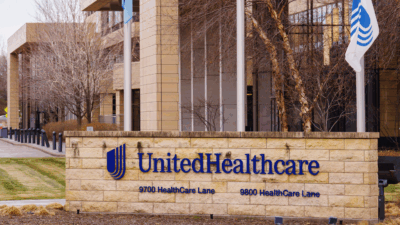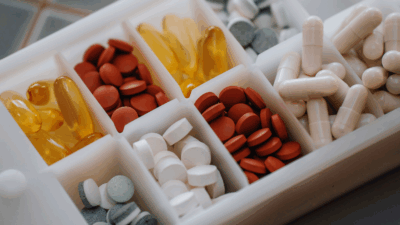Sign up for smart news, insights, and analysis on the biggest financial stories of the day.
By some estimates, coronavirus-related shutdowns have cost the U.S. economy $20 billion per day. In the fullness of time, the true cost of the pandemic could reach upwards of $20 trillion.
With a rollout of the vaccine within spitting distance (pardon the expression) it’s possible there has never been a single more important product for the health of the economy.
According to reports from IBM and Interpol, the high-value of the vaccines has made them “liquid gold” for organized crime groups.
Global Onslaught
Late Wednesday, Interpol (the International Criminal Police Organization) released what’s known as a global orange notice, or a warning of a serious and imminent threat to public safety.
- The crime-monitoring body warned “criminal networks will be targeting unsuspecting members of the public via fake websites and false cures, which could pose a significant risk to their health, even their lives.”
Meanwhile, IBM’s threat intelligence task force warned of a specific and high-profile threat to the vaccine supply chain. Hackers, pretending to be executives of a Chinese refrigeration company, mounted a phishing campaign toward organizations integral to the cold supply chain.
- The goal of their cyber espionage appeared to be stealing intellectual property or disrupting the vaccine delivery process. IBM’s threat intelligence lead believed the hackers wanted to undermine global trust in the vaccines.
Another IBM security analyst told the Financial Times this first attempt could be “the tip of the iceberg.”
Who were these hackers? According to the report, it was likely a “sophisticated operation” that potentially had the backing of a nation-state.
A Vulnerable Supply Chain
Pfizer’s vaccine, approved by the UK earlier this week, must be transported at a temperature of about -95 °F. But the companies versed in ultra-cold transportation don’t have the same security pedigree as, say, financial institutions. Security analysts say public-private partnerships are needed to protect the vaccines.
The most vulnerable places along the supply chain are distribution centers, truck stops and even hospitals. Counterfeits and theft of pharmaceutical products have risen 70% the last five years, according to the Pharmaceutical Security Institute.
Outdoing the hackers: Vaccine makers will use “dummy” trucks and plan fake shipments to throw criminals off the scent. In America, US Marshals will travel with the vaccine trucks.
